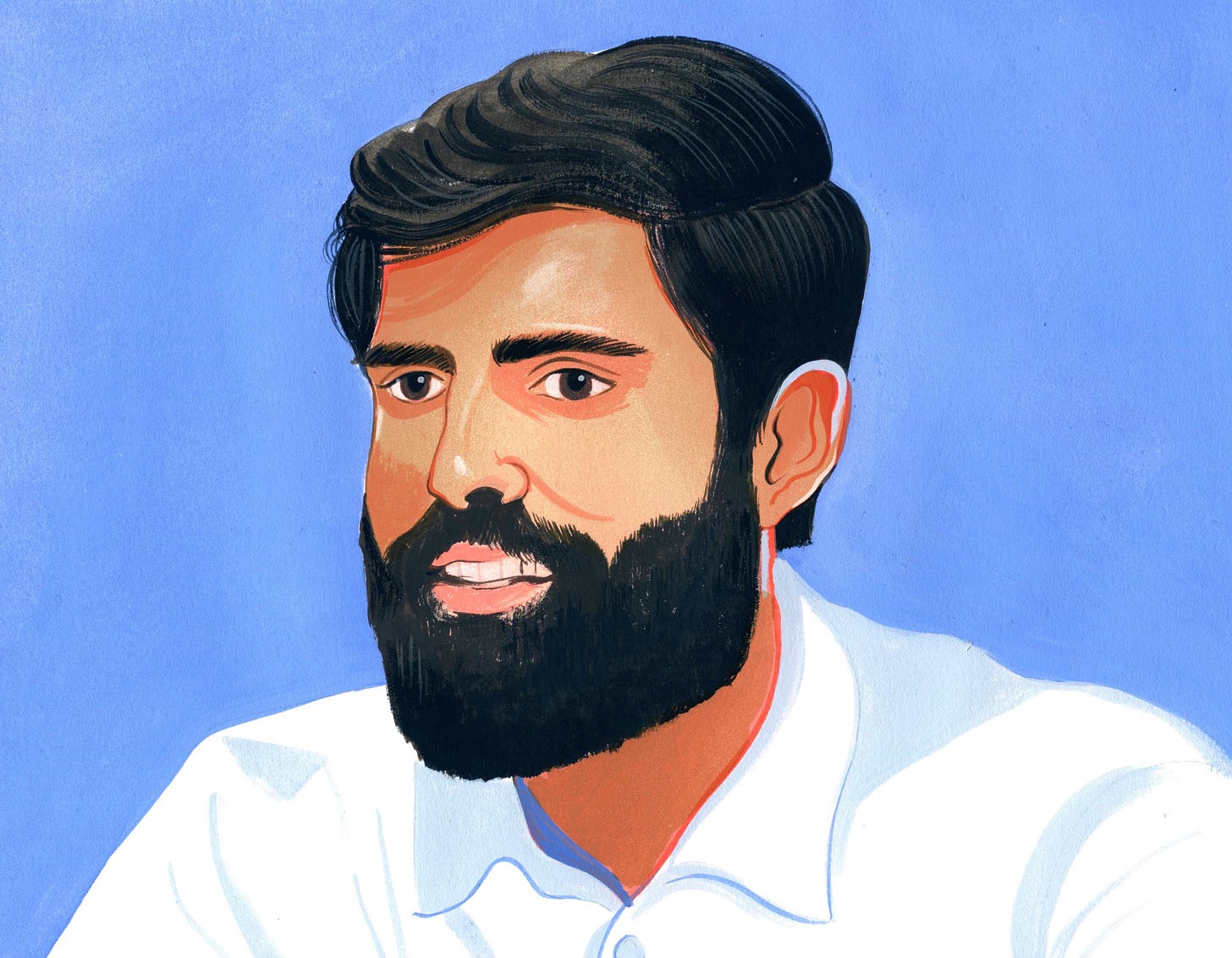Modern Meditations: Dwarkesh Patel
Dwarkesh’s views on an “intelligence explosion,” WWII, and 18th century seafaring.
“Some of the best analytical work out there - we learn something new from every post!” — Peter, a paying subscriber
Friends,
James Baldwin authored what is, to my mind, the most profound observation about history. In his essay, “Stranger in the Village,” Baldwin chronicles an unsettling stay in a remote Swiss village that has…

